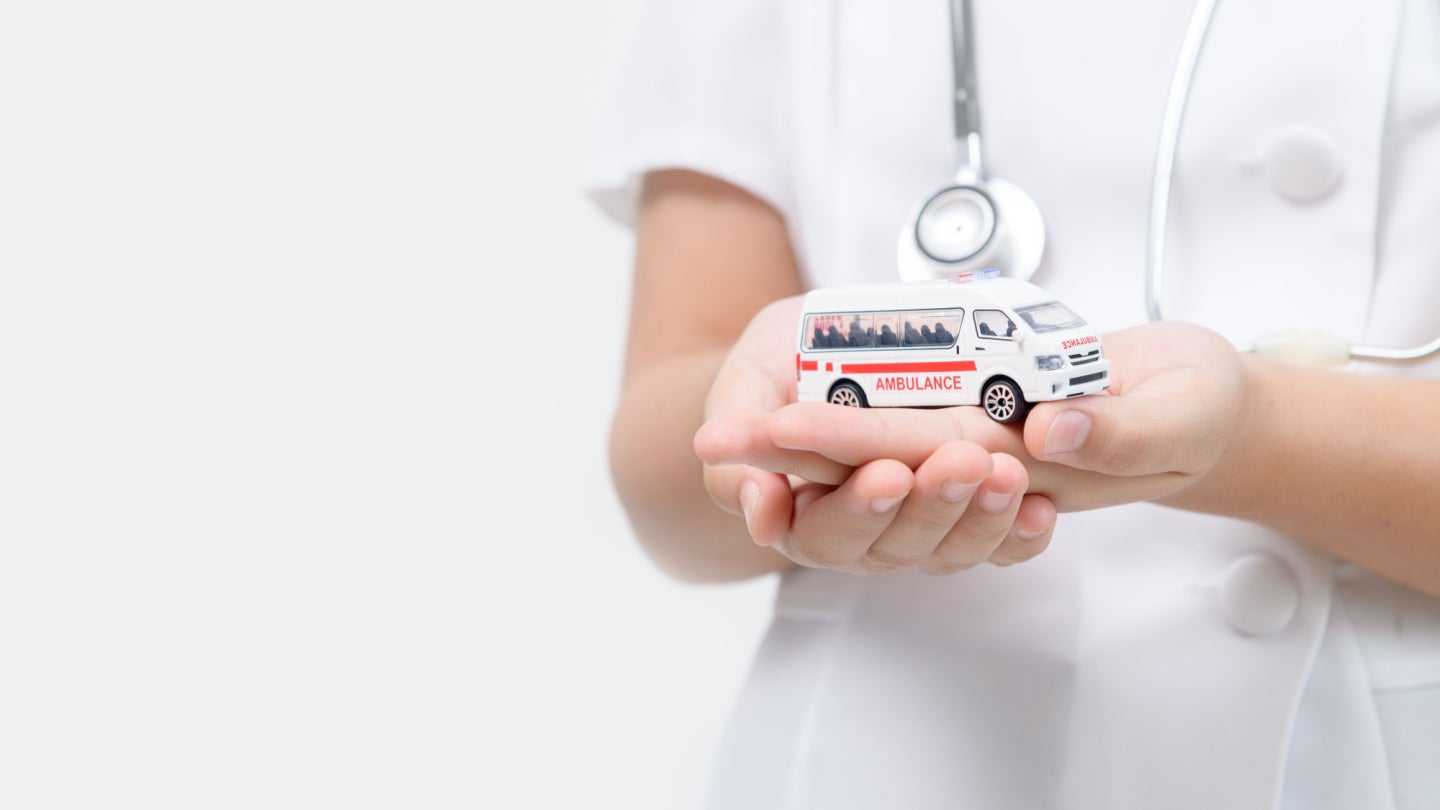
Wales Health Minister Eluned Morgan has revealed that a clinical triage team within the Welsh Ambulance Service Trust (WAST) prevented thousands of unnecessary ambulance journeys to hospitals.
In the past year, over 10% of 999 patient calls were evaluated by the Integrated Care Team of the WAST.
The team offers people alternative care to prevent unnecessary hospital journeys.
It comprises 83 clinicians, including paramedics, nurses, and mental health professionals distributed across Wales.
The Integrated Care Team also features trauma desk paramedics for guidance in cases of serious injuries.
The team’s clinicians conduct thorough reviews of waiting patients and engage directly with 999 callers to assess the suitability of alternative response methods.
How well do you really know your competitors?
Access the most comprehensive Company Profiles on the market, powered by GlobalData. Save hours of research. Gain competitive edge.

Thank you!
Your download email will arrive shortly
Not ready to buy yet? Download a free sample
We are confident about the unique quality of our Company Profiles. However, we want you to make the most beneficial decision for your business, so we offer a free sample that you can download by submitting the below form
By GlobalDataThey determine whether it is safe to discharge individuals at the scene and ensure that the assigned call priority remains appropriate.
Since the start of the year, the Integrated Care Team has participated in 96,572 calls, accounting for approximately 25% of the total 999 activity for the year.
of these, 39,269 calls were managed through clinical advice provided over the phone, resulting in patients avoiding ambulance transportation to hospitals.
This strategic approach claims to enhance the experience for patients and allocates ambulance resources more efficiently to address other urgent calls within the community.
During her visit to WAST’s Clinical Contact Centre, Eluned Morgan said: “The introduction of the Integrated Care Team, supported by Welsh Government funding, has improved efficiency and reduced pressure on the ambulance service and emergency departments.
“This is particularly important at this time of year when pressure on the NHS is most severe.
“The team has also transformed the quality of care delivered to people in the community by providing them with earlier clinical intervention at scene, and helping to reserve ambulance response capacity for those most in need.
“There is considerable work to do to improve ambulance response times, largely through Health Boards improving ambulance patient handover performance, but I was delighted to see the important work of this team delivering for patients first hand.”



